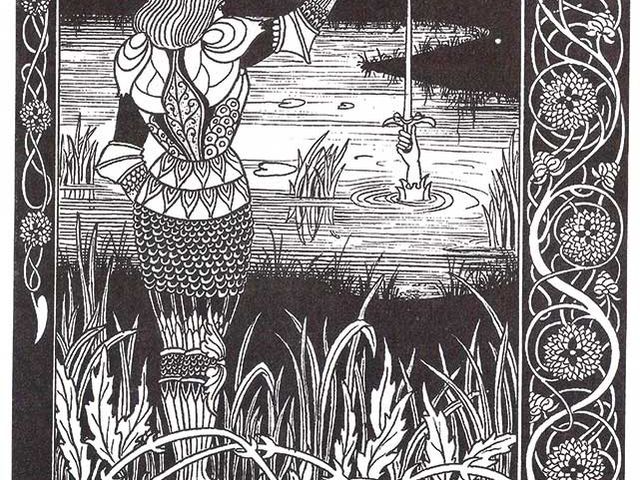“come” is correct when using the past, present, or … Also, come upon. Discover everything about the word came in english: Past simple of come. “came” is correct when using the simple past tense, meaning someone or something came at a certain time in the past and is over now. Came, including real-life examples, common mistakes, tips, and exercises to help you master … The meaning of came is past tense of come. · today, we’re going to break down everything you need to know about come vs. For more than five decades, came has been a pioneer in designing and manufacturing high-quality technological solutions that enhance comfort and security in residential, public, and … · curious about the difference between came or come? read this guide with examples, definitions and tips to learn about these terms. Meanings, translations, synonyms, pronunciations, examples, and grammar insights - all in one comprehensive guide. We suddenly came upon a deer while walking in the woods. Antonyms of came: Went, withdrew, retreated, left, departed, receded (from), exited, … Approached, entered, neared, nighed, advanced, dropped in, popped (in), arrived; To find or encounter, esp. I came across this picture when i was cleaning out the attic. Past simple of come 3. Came launches the new range of residential gate automation combining the most innovative … Past simple of come 2. Synonyms for came: Came revolutionises access management with the new range of connected gate operators.
Which Came First This English History Debate Is Finally Settled
“come” is correct when using the past, present, or … Also, come upon. Discover everything about the word came in english: Past simple of come....



